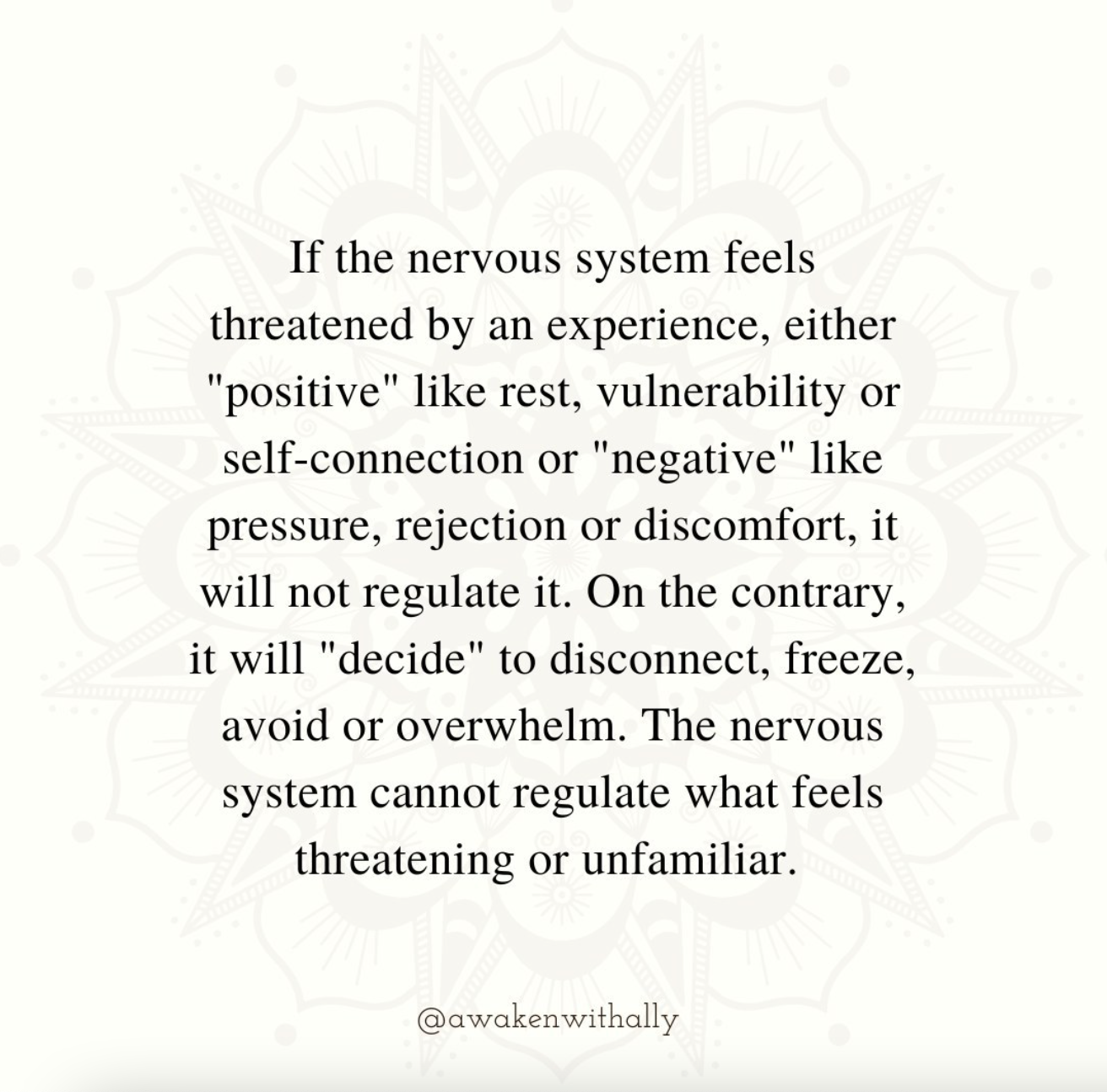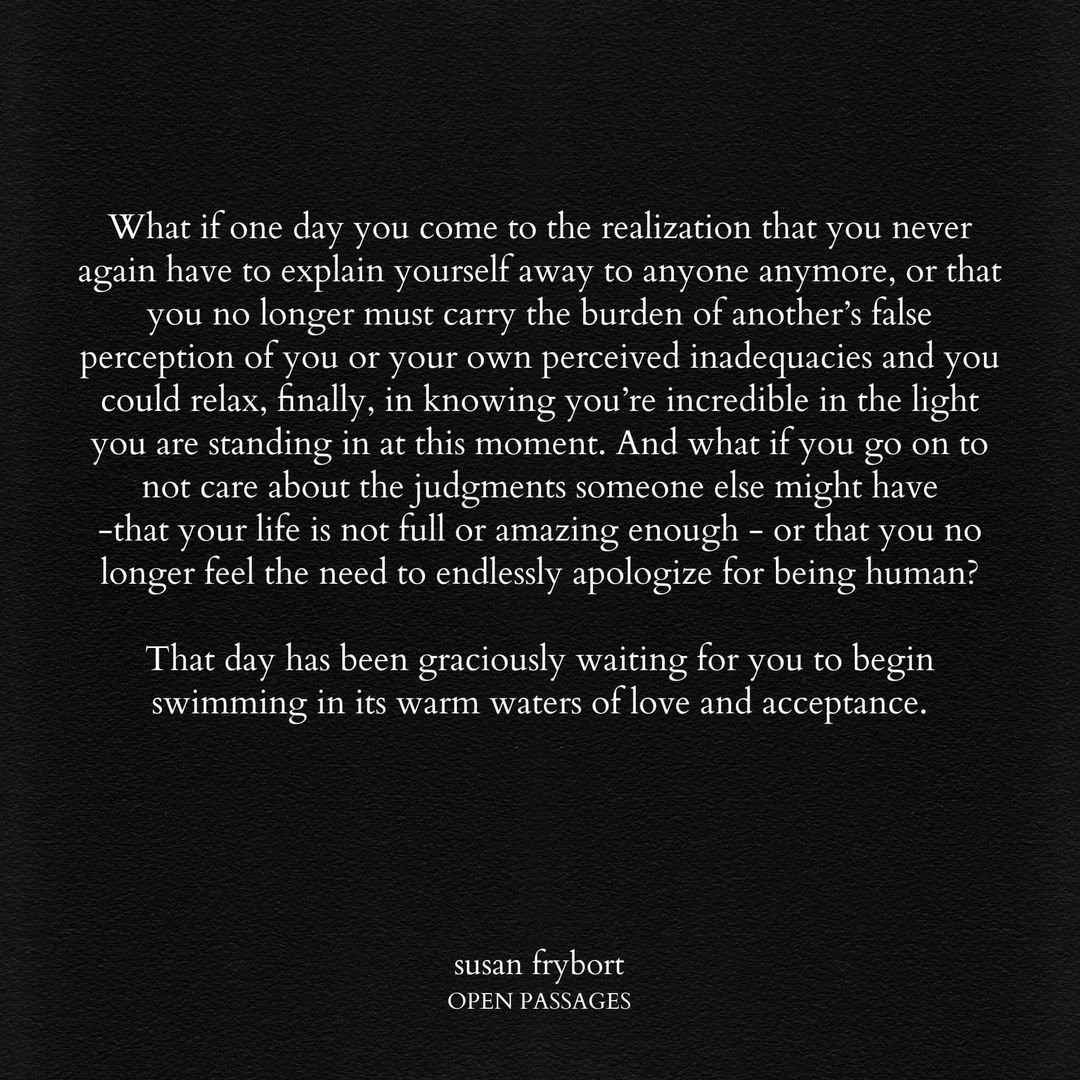Do not ask your children to strive for extraordinary lives. Such striving may seem admirable, but it is the way of foolishness. Help them instead to find the wonder and the marvel of an ordinary life. Show them the joy of tasting tomatoes, apples and pears. Show them how to cry when pets and people die. Show them the infinite pleasure in the touch of a hand. And make the ordinary come alive for them. The extraordinary will take care of itself.
—William Martin, The Parent’s Tao Te Ching
Once again, Amanda Doyle took my breath away when describing her life journey. She also introduced me to the above poem. Years ago, when I was pursuing my doctorate in not one but two programs before the age of 30, my therapist suggested I would feel less anxious and depressed if I could learn to find the extraordinary in the ordinary.
1998 Stanford Graduation
At that time, I could absorb only a drop of this message, as I was a high-achieving woman with something to prove: High school valedictorian. Check. Phi Beta Kappa at Stanford University. Done. Peace Corps Volunteer and Volunteer Leader. Yep. Doctoral Research Program Fellow. Uh huh. TEDx talk. Complete. Most recently, I was hellbent on finishing the very grueling certification process with the Sensorimotor Psychotherapy Institute. Never mind that I was still going through a divorce and trying to carry my young daughter through that brutal chapter. The striver in me could not stomach quitting. So I didn’t.
In hindsight, my perpetual achieving does not feel admirable but devastating. As I have learned more about our nervous and stress response systems, I see how all that striving involved a consistent override of what was happening in my body. Said differently, I was frequently in a freeze state, disconnected from my immediate, embodied experience. I pushed through life, no matter the consequences to my soma as well as my spirit. Frequently, I squashed a flight response that was doing its best to tell me to get the hell out of unsafe environments and relationships. What really matters here is that whether we are talking about a flight, freeze, fight, or fawn response, the problem is the environmental threat. The body bears the impact of the danger; it is not the source.
Refusing to continue the decades-long rejection of my embodied experience has been arduous at best and despairing at worst. So many external factors—both within our homes and workplaces as well as beyond them—actively suppress our efforts to wake up to our value beyond the services we offer and what we produce. To focus our attention on safeguarding and strengthening our own and others’ dignity seems outrageous despite overwhelming evidence that people rarely regret what they didn’t accomplish at the end of their lives. As Dan Pink reminds us, “Connection regrets are the largest category in the deep structure of human regret.” A connection regret sounds like, “If only I’d reached out.”
When I look back at my life thus far, I feel deep regret about missing a college best friend’s wedding and leaving behind budding relationships and community connections as I moved from one professional opportunity to the next. Like so many Americans, I have felt a deep, abiding loneliness in my continual chasing of externally defined success and my attempt to find adequate connection in a nuclear family model. As Marisa Franco argues, “We’ve always needed an entire community to feel whole, but we’ve begun to bury that truth with our narratives of just finding one person to complete you and that’s it.”
The good news is that my years-long investment in therapy as well as external catalysts like the pandemic and my divorce have spurred in me a paradigm shift. Yung Pueblo writes, “The first reaction is the past. The intentional response is the present.” I am gradually learning how to slow down enough to recognize that when I feel bad about something, I do not need to resort to my first reaction, which is to blame myself and tend and befriend the person or people with whom I am interacting (which is part of that fawn trauma response mentioned above, a response that is wholly unnecessary when adequate safety reigns). The intentional response I am currently cultivating is to vulnerably self-advocate. And when I speak of vulnerability, I am thinking of Franco’s counter-cultural definition: “sharing the true parts of myself that I fear might result in my rejection or alienation.” I am a messy, bloody work in progress, but I am trusting more and more that neither my inherent value and worth nor my sense of belonging to myself and others are up for grabs.
Recently, my therapist invited me to consider when I am embodying a detective identity versus an explorer one as I go about my day. All that aforementioned, threat-induced achieving falls into the detective category. Viewing life and relationships as cases to be solved, my detective self is narrowly focused on chasing clues in the outside world. As such, she tends to be disconnected from my internal experience as she fixates, her magnifying glass in hand, on the bread crumbs immediately in front of her nose. She is great for completing taxes, not so much for forging sustained and sustaining bonds with myself and others.
The explorer, on the other hand, is full of curiosity. She tends to be sitting back with her head up, taking in a wider perspective of the world before her. From this yielded position, she can let things unfold organically, without so much vigilance and outward tending. She has the capacity to accept the mysteries of life. She also gets to clarity about what environments, people, and activities will nourish and protect her in ways the detective cannot. For me, pervasive fear of the external world is the biggest obstacle to embodying the explorer. Gratefully, in my experiences as a client and a therapist I regularly experience the balm of safe, nurturing connections that reconnect me to that wholehearted seeker.
About a week ago, for example, a client and I, who have invested five years into our relationship, tackled directly the overwhelming alienation he has felt since he was a young child. Together, we were able to reach for that little boy. My client offered him unconditional love and acceptance, and I said to him—slowly, intentionally, and using the nickname he went by back then—“I am here with you now. You are no longer alone.” He said my voice was like a medium that created an opening to the many people, including his ancestors, who have been with and loved him. We wept together tears of authenticity, our abundant defense mechanisms totally disarmed.
“Here I am,” declares Ingrid Clayton. “Explore you!” my therapist implores. “Not breath,” Sharon Salzberg gently utters, reminding me that I do not have to rush into naming and taming my experience with thought and action. May we rediscover and make our home the astonishment of an ordinary, embodied life.




